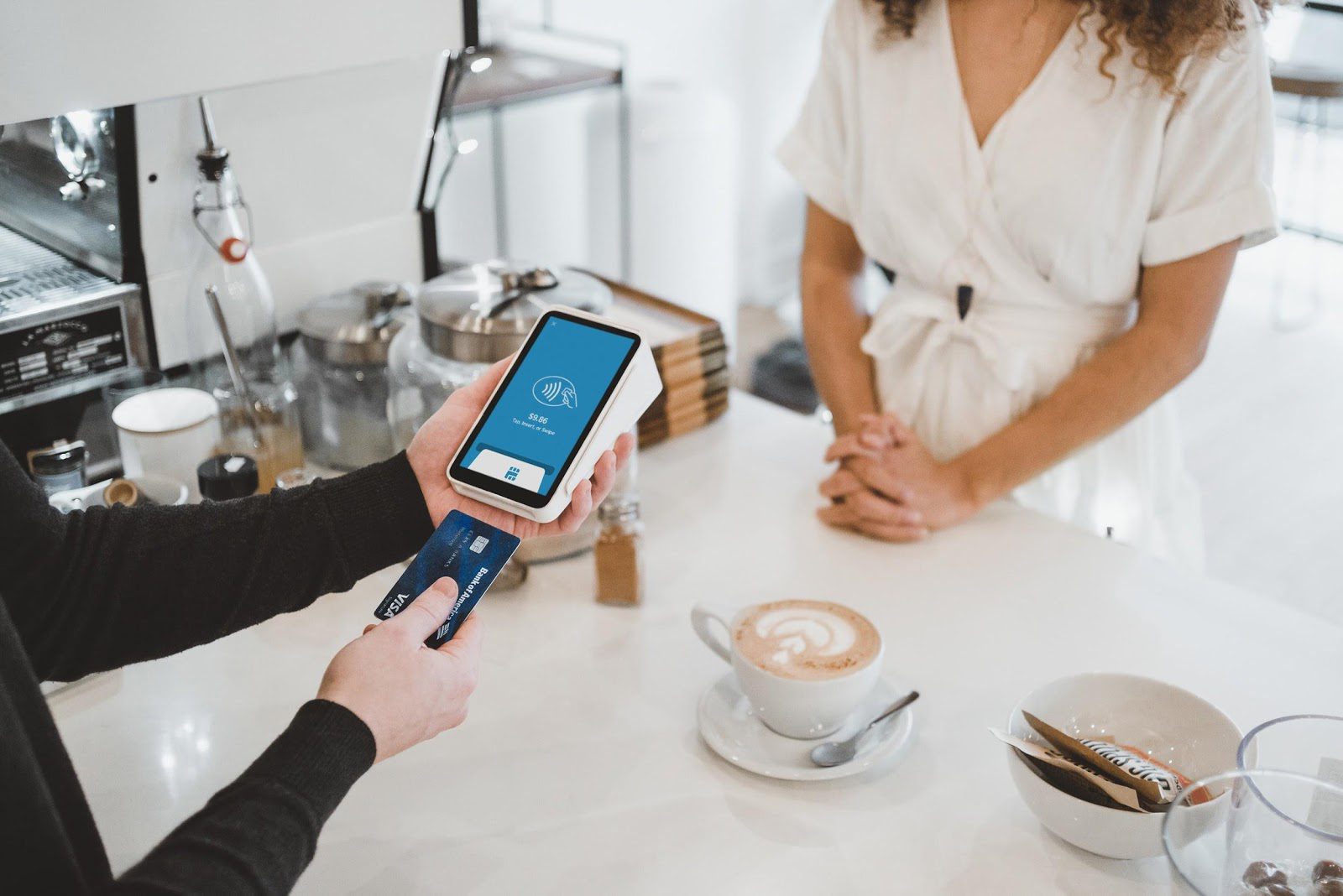Shopping drives a large part of the economy, and when something like COVID-19 comes along, that’s going to shake up the jobs market somewhat. In 2020, we saw a lot of things change – including, for many of us, the jobs or sectors we work within.
Many things might never be the same again post-pandemic, so here’s a look at what the virus did to the way we work and which of those shifts might stick.
1. eCommerce jobs
One of the most profound things that occurred during COVID-19 was a shift in the way we shop. In this article, we’ll look at how that change impacted several other areas of our lives and altered where many of us look for employment, but eCommerce had a direct impact on jobs too.
Companies like Amazon, Etsy and Shopify experienced unprecedented demand during the pandemic. That’s created a surge in employment within the industry, and that doesn’t look like it’s going to slow down a lot when the virus is under control.
At the height of the measures against COVID-19, more than ten million Americans lost their jobs, but eCommerce clawed a chunk of those losses back – accounting for 145,000 of the 245,000 jobs created in November 2020 for instance. Don’t expect that to change too much for the foreseeable future.
2. Food delivery services
One of the ways we could release some of the boredom during lockdown was takeaway food – and many of us ‘ate out, but stayed home’ a couple of times a week to support local businesses during the pandemic, too.
Infection control increased the need for delivery drivers, with many displaced employees picking up gigs riding bikes, or driving cars from restaurants to our homes. Outfits like Uber also upped their food delivery games – and their workforces during COVID-19. Besides, many brands implemented free shipping to stay competitive. For instance, Petez Pop exotic drink store offers free shipping over $75 for its consumers.
3. Grocery store staff
One thing that COVID-19 didn’t change dramatically was grocery stores. While nearly all of us shopped for other items online, lots still made daily or weekly trips to buy food in person. For many of us, a job at the local supermarket or corner store is how we got through college or plugged an employment gap.
If anything, the virus increased demand for workers in the aisles of food stores up and down the country. The population still had to eat, and grocery stores were among the few places that remained open throughout the whole health crisis. Most of the bigger retailers in this sector were hiring extra staff during the pandemic.
4. Work in warehousing
Lockdowns boosted the profits of eCommerce companies, and success within eCommerce created a significant spike in demand for warehousing and distribution. You just can’t have online retail without the trucks, warehouses, and workers that get products from A to B.
Frank Sterner is Chief Operating Officer at SJF Materials Handling Inc, located in Winsted, Minnesota, and he says the pandemic has probably just hastened a trend that was already happening. “Digital is changing the way we live, and while there’s been a surge in online shopping during the health crisis, it’s not like people have been slow to adopt new tech and ordering goods from home.
Sooner or later, we are going to see the numbers we see right now. Whether that would have happened as kids born with this tech reached adulthood and started shopping their own way, or when some new innovation arrived, we’re never going to know – because a lot of the changes that have happened to eCommerce and warehousing aren’t just going to go away when vaccines have fully rolled out.”
5. Jobs in tech
COVID-19 accelerated many changes that were already happening around work, and one of the most apparent of those was an uptake of video conferencing software. Words and phrases like Zoom and Teams and “You’re on mute!” became much uttered as lockdowns swept the nation, and for many, shifting to working from home brought challenges.
Still, without these platforms, business and work might have ground to a halt, and most of us have come to terms with working from home by now – with more than half not willing to give it up.
Tech didn’t just get us through remote working, however. The fact is, we could no longer meet friends for food, coffee, or a trip to the mall. Many turned to the world of gaming to get them through the long evenings and weekends – and that became a way to socialize too. When we weren’t playing games, we used messaging apps to stay in touch.
All in all, technology made the pandemic more bearable, and it kept the economy ticking over too. Some of those new habits might be hard to break, though – so expect the high demand for developers and app and game designers to continue long after the virus passes.



































